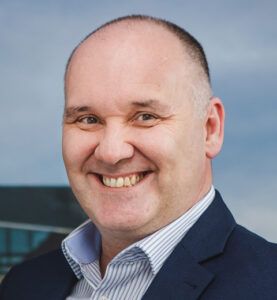South Gloucs to roll out carbon reduction scheme
An innovation project looking at how grass cuttings can be used to generate energy and reduce South Gloucestershire Council’s carbon emissions is to be rolled out.
The project, called Greenprint, is part of ADEPT Live Labs 2: Decarbonising Local Roads in the UK, which is a three-year, UK-wide £30 million programme funded by the Department for Transport, aiming to decarbonise the local highway network.
Greenprint is investigating potential new ways grass cuttings could be used to produce biomethane fuel for vehicles and a road surfacing material called biochar.
The three year project was awarded £4 million by ADEPT Live Labs 2, to examine how changing the way local authority grass areas are managed can provide a source of materials and fuels to decarbonise highway operations, as well as supporting other benefits such as increasing biodiversity and resilience to the changing climate.
As part of the scheme, the council is using new machinery to cut and collect grass from highway verges and other green spaces, rather than leaving it on the ground. The project aims to mix the collected grass with the council’s food waste and take it to an energy-from-waste plant where the mixture will be subject to a process called anaerobic digestion.
Reducing the frequency of grass cuts is also a key element of the trial as this encourages greater biodiversity and increases the levels of carbon stored in the soil.
It is hoped the Greenprint project will reduce the council’s carbon emissions, encourage wildflowers, help insects to thrive and allow the soil to store more carbon.
The project is being carried out jointly with West Sussex County Council, who will be trialling similar technologies. In response to the Climate and Nature Emergency, both councils have set commitments to achieve net zero carbon emissions by 2030.
South Gloucestershire Council’s Climate Emergency Manager, Barry Wyatt, said: “It is great to see that this innovative project is continuing to make progress.
“As a local authority we are constantly looking for new and better ways to do things, especially if they can support nature recovery, biodiversity and how we manage our changing climate.”
Image from Shutterstock





































































































